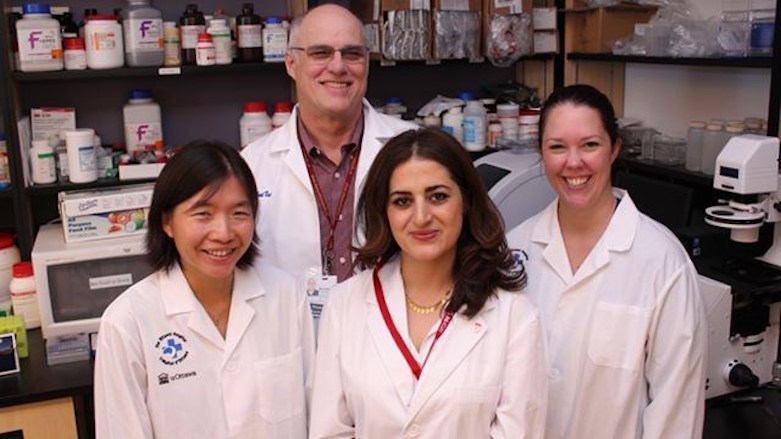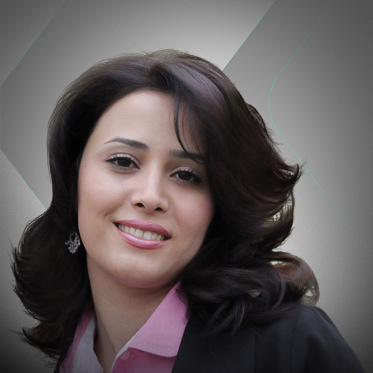Kurdish woman helps cure fatal brain cancer

MONTREAL, Canada (Kurdistan24) – A Kurdish woman made a groundbreaking discovery to help solve the puzzle of glioblastoma, a deadly brain cancer.
Arezu Jahani-Asl, a Professor of Medicine at McGill University and a Principal Investigator at the Jewish General Hospital, spoke about her discovery with Kurdistan24. She is also the lead author of a recent study published in Nature Neuroscience.
“We have discovered that a gene called OSMR plays a key role in the growth of glioblastoma tumors,” she said.
In her lab, Jahani-Asl and her team work to develop a compound to suppress the gene in glioblastoma, a type of cancer that resists radiation and chemotherapy and is difficult to remove through surgery.
She lives with her 6-year-old son, Aaron, and husband Professor Soleimani in Montreal.
The McGill Professor graduated from a high school in Mahabad, a city that announced the first Republic of Kurdistan in 1945 (also known as the Mahabad Republic) before Iranian troops marched in, suppressed the fledgling democracy and executed its leaders, including President Qazi Muhammad.
Her pleasant childhood memories are those of her loving grandmother who had faith in her from an early age, she says. Jahani-Asl also remembers the caring collective culture of Kurdistan and glittering bazaars where she shopped for clothes with her cousins to attend frequent weddings.
But when Iran imprisoned her father, when she lost her older brother, and when her cousins and uncles were executed for speaking against oppression, she understood the depth of Kurdish suppression in Iran.
Shortly after her father was released from prison, her family left Iran with the 17-year-old scientist-in-making. They spent two rough years in Turkey where they sought asylum from a United Nations High Commission of Refugees (UNHCR) office. Her other brother was arrested and imprisoned by Turkish police at that time.
“I think Kurds learn to develop a thick skin from an early age. That kind of hardship has in a way helped me to overcome obstacles and be patient and persistent and has enabled me to pleasantly go through my long journey in academia in Canada,” Jahani-Asl told Kurdistan24 on the phone.
When her family settled in Toronto, the unease did not end but reshaped itself into an anxiety mixed with excitement and expectations. She attended the University of Toronto while learning a new language and adapting to a new culture.
Higher education took Jahani-Asl to Ottawa, Boston, and Montreal among other places. As a Post Doctorate Fellow, she worked with Kurdish Professor Azad Bonni at Harvard Medical School and decided to pursue her work on brain tumors.
It was around that time that Jahani-Asl realized that in addition to meeting the high expectations of an Ivy League university, she soon had to care for an infant.
Aaron is the reason that Jahani-Asl cares even deeper for her patients, she says. “It breaks my heart to see people dying from a disease. I imagine I am the patient or the mother of the patient,” she stated in a hushed voice.
Jahani-Asl said she reads the news every day and keeps up with Kurdish events.
“Women and people of Kobani, in general, are my heroes! I admire them. They give me strength,” she said.
After demanding days at University, she plays with her son and listens to Hani, Shahin Beser, Chopi, and other Kurdish musicians to relax. She also said that she likes traveling and trying various cuisines.
But she prefers to focus on science rather than politics, the world of less chaos and more logic, Jahani-Asl stated.
“I feel helpless when I think about politics, but when it comes to science I feel I can do something to help humanity," she concluded.
Editing by Karzan Sulaivany
